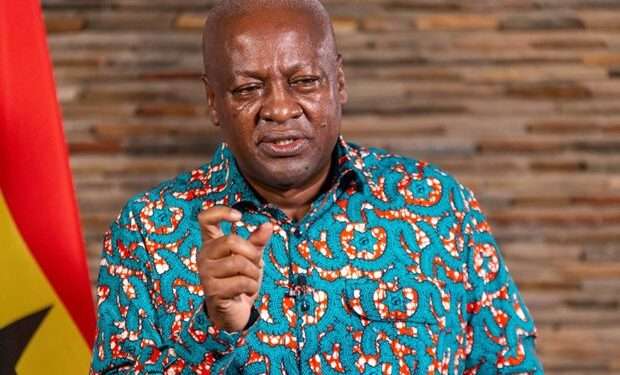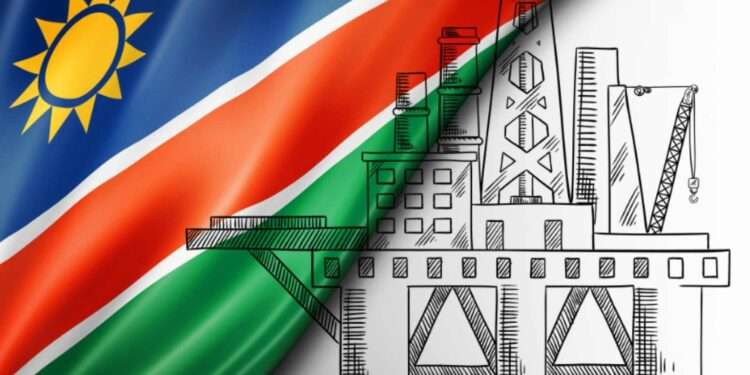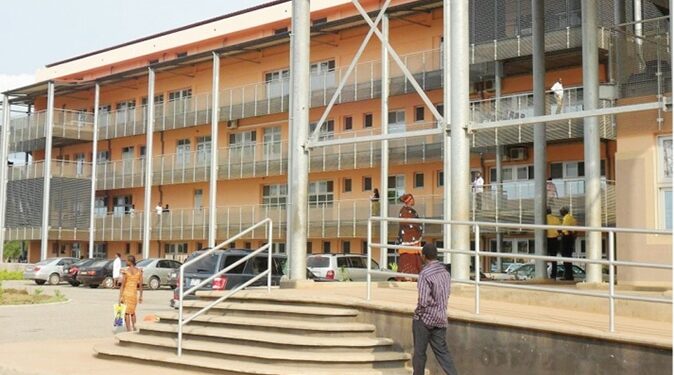The Petroleum Commission says, the upstream oil and gas sector and the national economy has been badly affected due to the prolonged nature of the coronavirus.
According to the oil industry regulator, the shortfall in petroleum revenues alone accounts for GH¢5.7 billion (USD 1.04 billion).
The Chief Executive Officer of the Petroleum Commission, Mr. Egbert Faibille Jnr., shared these concerns at the opening session of a three-day conference organized by the Africa Centre for Energy Policy (ACEP). He said the industry has suffered significant shocks which has not only affected the economy but also impacted on work obligations and operations.
Speaking on the theme: The Impact Of Covid-19 in the Operations of Upstream Oil and Gas Companies in Africa and Surviving Strategies – The Regulator’s Perspectives, Mr. Faibille said preliminary analysis of the impact on the real sector shows an expected decline in GDP growth rate from 6.8 per cent to 2.6 per cent.
The industry has attracted a good number of investors after the first licensing round, with 13-potential entrants including BP, Hunt Oil, and Shell, which have visited the data room and are awaiting the next bidding round and limited negotiation periods to acquire blocks in the sector.
The Commission is however worried that all the intents by the potential entrants are in suspension due to the Covid-19 pandemic.
Even worse, Covid-19 predictably may delay the country’s second licensing round as the government prioritizes managing the domestic impact of the virus and awaits the improvement of investment conditions.
He said although oil production is ongoing, production and revenue forecasts for the year have been significantly affected largely due to the postponement of the Pecan development campaign.
Aker Energy was expected to submit its plan of development (PoD) in Q2, 2020, and subsequently make the final investment decision to commence the project and the Pecan development, valued at $4.4 billion but was postponed in March, 2020.
Records at the country’s Finance Ministry, he said, indicate that the total estimated fiscal impact from the shortfall in petroleum receipts, shortfall import duties, shortfall in other tax revenues, the cost of the preparedness plan, and the cost of Coronavirus Alleviation Programme accrued to ¢21.42 billion (USD 3.89 billion) representing 2.5 percent of revised GDP.
He further made known that aside the economy, impact on work obligations and operations for the industry players equally did not look good, saying
“the ongoing or new projects across the country’s oil and gas value chain are likely to face numerous challenges in terms of project execution, planning and risk management.”
He noted that the year began with the Commission approving work programmes and budgets for exploration and production companies in the exploratory and appraisal stages.
Mr Faibille said it’s worth noting that the initial period or extensions granted to some of the companies under the petroleum agreement were due to expire.
He said the impact of the pandemic has necessitated the freezing of the work programmes and a decision to restore the period lost as a result, saying
“Critical operations and maintenance works on production facilities scheduled for the year have either been stalled or cancelled.”
He said licensing rounds proceed in the short-term risk and thus receive fewer or no bids due to low investor confidence, and that under the current circumstances, industry investors are likely to be reluctant to commit an exploration budget to licensing rounds in the near term due to the economically challenging conditions and uncertainty created by Covid-19.
He said the Commission expects that licensing round activities will be subject to significant uncertainties, stemming both from the unknown duration of the Covid-19 demand shock and the duration of the current excess supply.





















